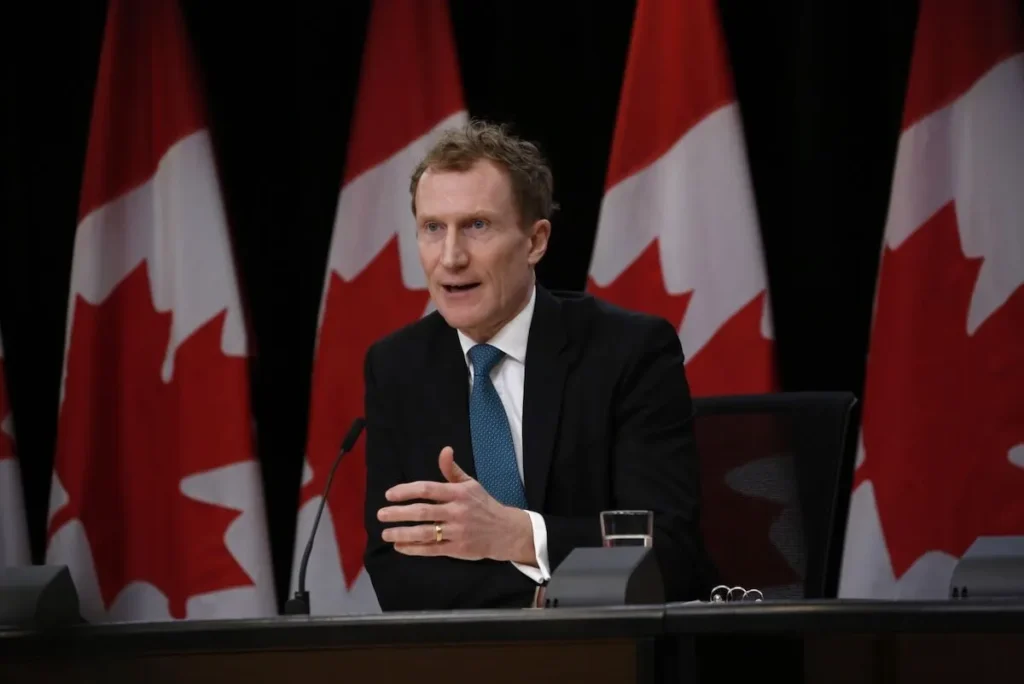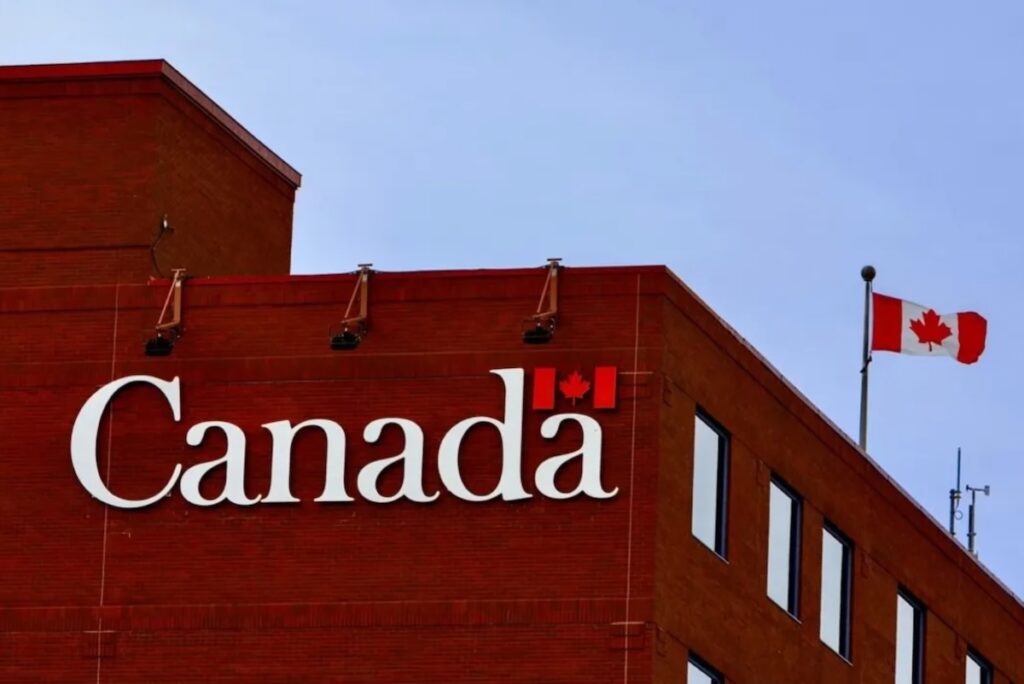Yestarday, the Honourable Marc Miller, Minister of Immigration, Refugees and Citizenship, announced a new Francophone Minority Communities Student Pilot (FMCSP) program.
The initiative, set to begin on August 26, 2024, aims to attract and retain French-speaking international students from across Africa, the Middle East, and the Americas.
In a parallel announcement, Minister Miller revealed the addition of 10 new communities to the Welcoming Francophone Communities (WFC) initiative, bringing the total to 24 across Canada.
These communities, selected for their potential to offer a welcoming environment for French-speaking newcomers, will play a crucial role in supporting the
The announcement was made during the Acadian World Congress in Nova Scotia, highlighting the Canadian government’s commitment to fostering vibrant Francophone communities outside Quebec.
Eligibility Criteria for FMCSP
To be eligible for the Francophone Minority Communities Student Pilot program, applicants must meet the following criteria:
- Citizenship: Must be a citizen of an eligible country that is a member of the Organisation internationale de la Francophonie.
- Acceptance: Must have a letter of acceptance from a participating designated learning institution (DLI) in Canada, specifying that the application is under the FMCSP.
- Study Program: The study program must be post-secondary, full-time, at least two years in duration, and lead to a degree or diploma. Over 50% of the classes must be taught in French.
- Financial Requirements: Must demonstrate sufficient funds to cover tuition fees and living expenses for themselves and any accompanying family members, with the amount based on the size of the community where the institution’s main campus is located.
- Language Proficiency: Must prove French language proficiency at level 5 or higher on the Niveaux de compétence linguistique canadiens (NCLC) scale through approved tests like TEF Canada or TCF Canada.
- Residency: Applicants must live outside of Canada at the time of application.
Eligible Countries
The FMCSP is open to citizens of the following countries in Africa, the Middle East, and the Americas:
- Africa:
- Benin
- Burkina Faso
- Burundi
- Cabo Verde
- Cameroon
- Central African Republic
- Chad
- Comoros
- Côte d’Ivoire
- Democratic Republic of the Congo
- Republic of the Congo
- Djibouti
- Egypt
- Equatorial Guinea
- Gabon
- Guinea
- Guinea-Bissau
- Madagascar
- Mali
- Mauritania
- Mauritius
- Morocco
- Niger
- Rwanda
- São Tomé and Principe
- Senegal
- Seychelles
- Togo
- Tunisia
- Middle East: Lebanon
- Americas: Dominica, Haiti, Saint Lucia
New Communities Added to the Welcoming Francophone Communities Initiative
As part of the expansion of the Welcoming Francophone Communities (WFC) initiative, 10 new communities have been selected to join the existing network.
These communities have been chosen for their ability to create a welcoming environment for French-speaking newcomers:
- British Columbia: Nanaimo
- Manitoba: Red River (including Ritchot, Salaberry, Montcalm, and St-Pierre-Jolys)
- Nova Scotia: Chéticamp (including St. Joseph du Moine)
- New Brunswick: Belle-Baie (including Bathurst and the Pabineau First Nation), Caraquet (including Rivière du Nord and Hautes-Terres), Restigouche West Region (Saint-Quentin and Kedgwick)
- Saskatchewan: Prince Albert
- Ontario: Cornwall, Cochrane District (Route 11 Corridor), London
Impact and Future Outlook
With the launch of the FMCSP and the expansion of the WFC initiative, Canada continues to strengthen its Francophone immigration strategy.
These programs are set to play a pivotal role in revitalizing Francophone communities, addressing workforce needs, and promoting French culture across the country.
By welcoming a diverse group of international students and immigrants, Canada is taking bold steps toward a more inclusive and vibrant Francophone future.


